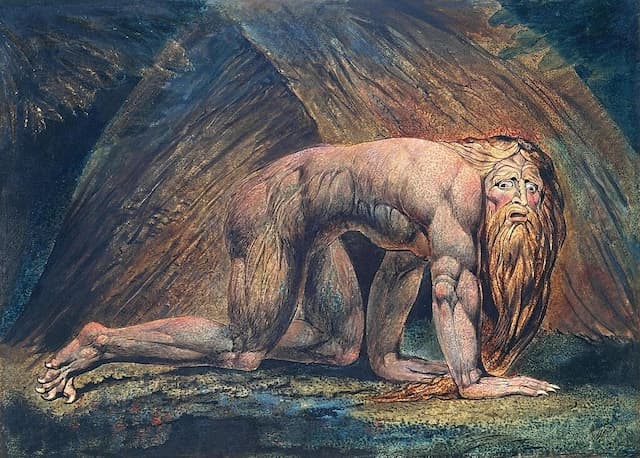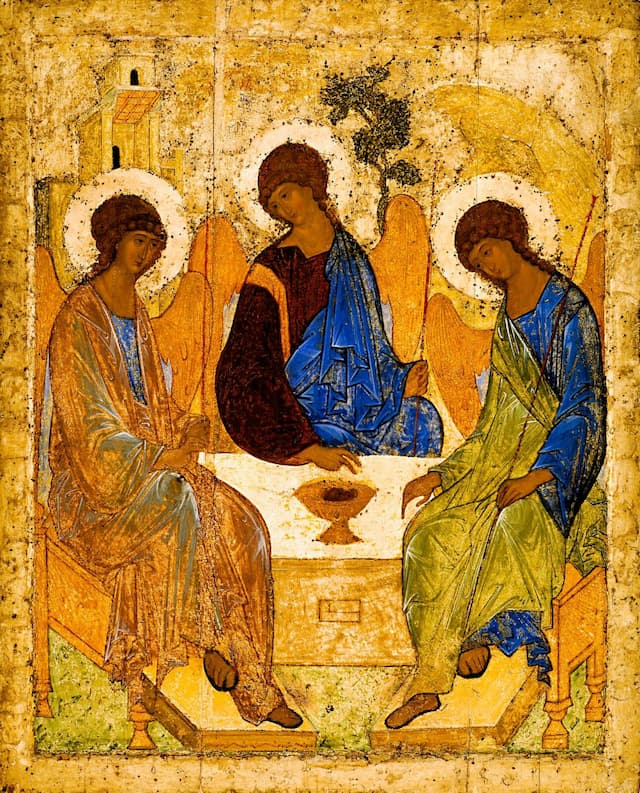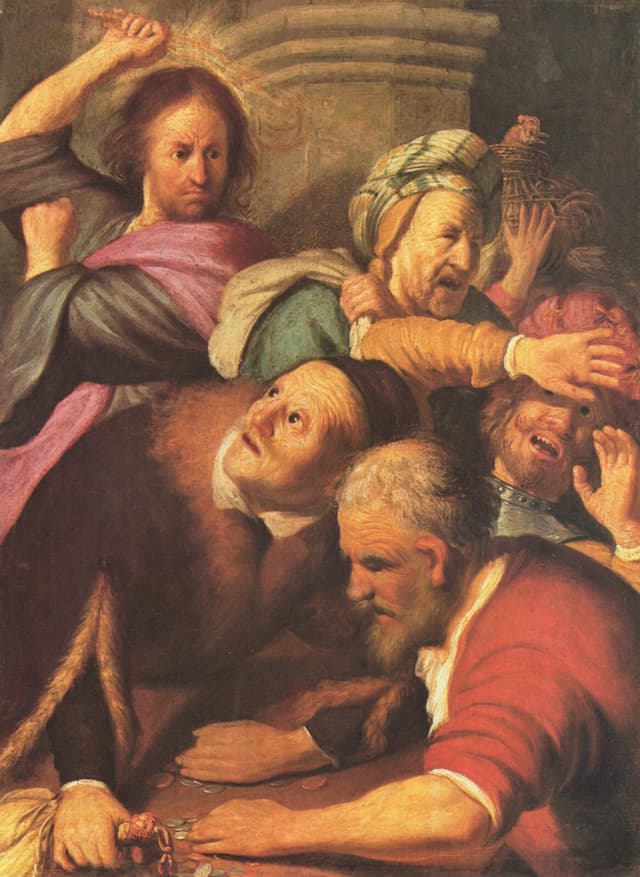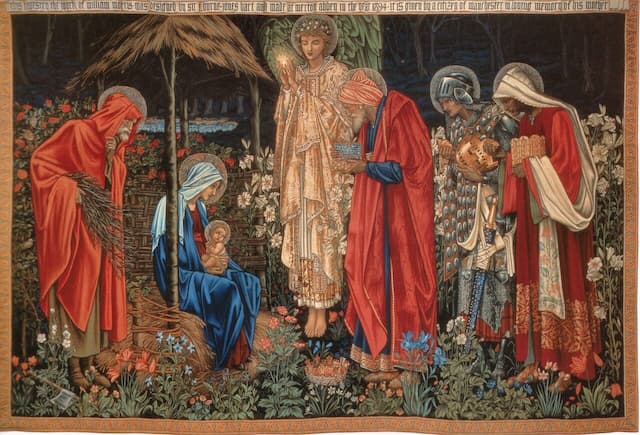Guest Post by Dick Woodward: Blessed are the Meek | Dreaming Beneath the Spires
Dick Woodward founded and pastored both the Virginia Beach Community Chapel and the Williamsburg Community Chapel, where he remains as pastor emeritus. His Mini Bible College, available in print, audio and electronically, has been translated into more than 26 strategic languages and is disseminated by ICM around the world to nurture believers. The Mini Bible College is a survey and topical study of the Bible that teaches practical and devotional applications of every book of the Bible to our lives.
Meekness is not weakness. We hear Jesus say, “I am meek” (Matthew 11:29). When you get to know the Jesus Christ of the Scripture, you realize that He was a weak and milquetoast kind of man.
The Old Testament describes Moses as the meekest man who ever lived (Numbers 12:3). As you read the Old Testament and get to know Moses, does he impress you as a weak man? Jesus was not weak and Moses was not weak. They were meek.
We understand the biblical word “meek” if we think of a powerful horse that is unbroken. It is a very strong animal and it is strong-willed. People who are experts at this sort of thing will slowly slip a bridle over the head of that horse, carefully placing the bit in that horse’s mouth. They then strap a saddle on the horse’s back. When they finally reach the point where the horse accepts the control of the bit, the bridle and the person sitting in the saddle – when the horse’s will is broken or tamed – that horse is still powerful, but it is now meek. We might then paraphrase meekness as “strength under control.”
We could paraphrase the question the risen Christ asked Saul of Tarsus on the road to Damascus: “Why are you persecuting Me? Why are you pulling against the bit? It is so hard on you. It is tearing up your mouth” (Acts 9:4, 5).
But when Saul of Tarsus asked: “Lord, what will You have me to do?” he had accepted the control of the bit, which along with other things, was the will of the risen Christ for his life. That is when Saul of Tarsus became meek in the biblical sense of the word.
That is precisely what it means to be meek.
Jesus declared, “I am meek” while He was giving one of His greatest invitations: “Come to Me, all you who are weary and burdened, and I will give you rest. Take My yoke upon you and learn from Me, for I am meek and humble in heart, and you will find rest for your souls. For My yoke is easy and My burden is light” (Matthew 11:28-30).
This invitation was addressed to people who were working themselves to the point of exhaustion to try to manage their very heavy burdens.
At first it sounds as if Jesus will simply give them the rest they obviously need. But when we study the invitation more carefully, we see that Jesus is inviting these people with their heavy burdens to come and learn. He is inviting them to learn about His burden, His heart and His yoke. He wants them to learn that His burden is light. This is amazing since He literally had the world on His shoulders. He wants them to learn that His heart is lowly or humble and meek and He wants them to learn that it is His yoke that makes His burden light and His life easy.
A yoke is not a burden. A yoke is an instrument that makes it possible for an animal like an ox to move a heavy burden.
Many of us have seen in the developing world oxcarts piled high with burdens that are being pulled by an ox. How is that ox to move that cart which is piled so high with cargo? Can it push the cart with its head? The yoke makes it possible for that very strong animal to have its strength aligned with the oxcart so that he can move that enormous burden with ease.
This simple and profound metaphor defines meekness. Meekness is strength under control. Essentially, Jesus is teaching: “I take the Yoke of my Father’s will upon Me every day.” Remember that He said, “I do always the things that please the Father” (John 8:29). That was the yoke Jesus wore. He submitted to the yoke of the Father and He was one hundred percent controlled by the Father one hundred percent of the time. That is the meekness Jesus is teaching His disciples.
The word Jesus used to describe the role of the Holy Spirit was the word translated as Comforter. The Greek word “paraclete” literally means “One who comes alongside us and attaches himself to us for the purpose of assisting us.” We are yoked together with the Holy Spirit when we attempt to follow God and our risen Lord Jesus Christ.
And remember, a yoke is not a burden but an instrument that makes it possible for us to move great burdens.
A yoke that fits well, and that was smoothly rubbed out by a good carpenter, made the animal’s life easy; it made its burden seem light. A carpenter like Jesus would have made yokes that fit very well, that would be smooth inside so they would not irritate the animal. Jesus teaches meekness because He knows the yoke He wears every day will make the burdens light and life easy for those who are struggling because they have no yoke. This is only one of four places in the Bible where the word “easy” is found.
When He teaches the third beatitude, Jesus is essentially saying: “There is a right way to live your life. If you will live life as I do, you will find that you will not be burdened, weary, nor working yourself to the point of exhaustion to manage your problems.” He was really saying, “Take life as I take it. If you accept My Yoke of meekness, you will discover that it can make your burden light and it can make your life easy, no matter how great your challenges.”
In summary, He is essentially teaching the people on the mountaintop: “Those people down there are suffering because they do not know how to pull the load of life and its many problems. They are not able to move the burdens because they have no Yoke. But if you will confess My values, live your life with My attitudes, and be trained by the spiritual disciplines I will show you as you follow Me, you will learn something about My burden, My heart and My Yoke that will give you rest in your soul.”
Meekness is the discipline of our “want to,” or our will. The word “disciple” and the word “discipline”come from the same root word Mathetes (math-ay-tes’); from NT:3129; a learner, i.e. pupil. The promise of Jesus that accompanies this blessed attitude is that the meek disciple will inherit the earth.
This simply means two things: (1) We should expect a disciple of Jesus to be a disciplined person, and (2) the disciplined disciple of Jesus gains everything when they have the Yoke of Jesus and His Father on their life, all day long every day.
One disciple I knew well after experiencing and practicing this beatitude for years said, “I wonder where my “want to” went to.”











